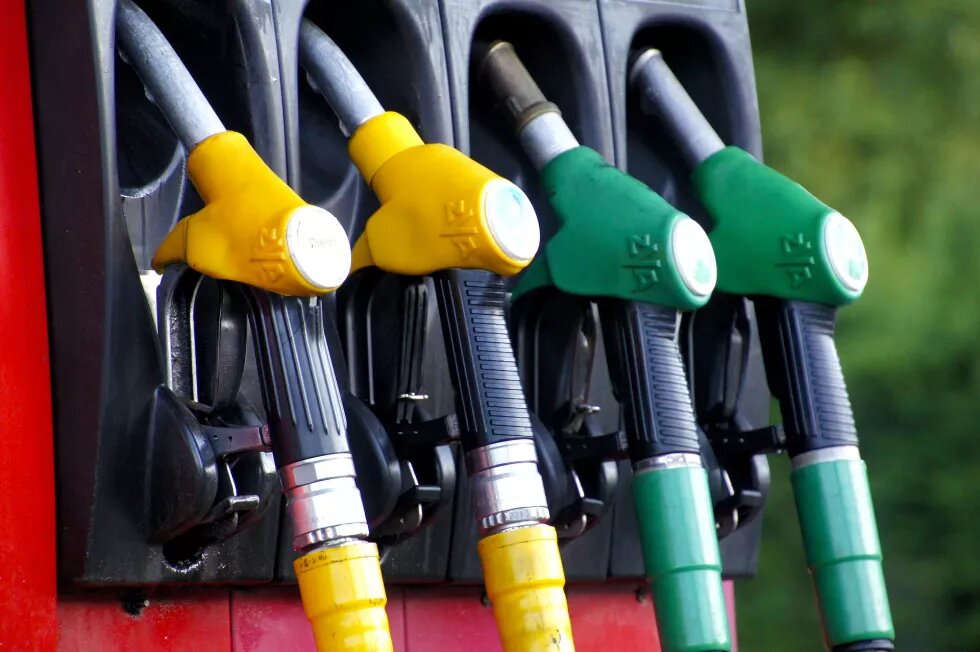The Hungarian government has found a unique way to prevent fuel prices from rising further by freezing the prices of petrol and diesel at a maximum price of 480 forints and passing the increase in world prices on to domestic distributors. More worryingly, however, this measure is exacerbating the very problems it is supposedly trying to avoid.

If the price of fuel is lower, then consumption will increase, making us even more exposed to global price volatility, making us even more dependent on other countries for energy, and driving more money out of the country.
We have also heard that fuel prices need to be reduced because “the Hungarian people will simply be bogged down in the immense increase in prices”. But lowering fuel prices will benefit the wealthy the most: the richest 10 per cent of the population spend eight times as much on car purchase and use than the poorest 10 per cent, so they will get that much more support by keeping prices down. This relationship applies to almost all goods and services, so the biggest mistake is to try to subsidise the poor by keeping prices artificially low; the needy need direct cash support.
A price that does not cover costs misleads all actors in society, individuals, businesses, and governments, and thus leads to a constant stream of bad decisions (including investments unnecessary in the longer term and urban sprawl). It also unfairly penalises more environmentally friendly modes of transport (such as cycling).
According to European Commission data, the use of cars and trucks in Hungary costs society three times more than the amount paid by their operators through transport-related taxes and charges. Although the revenue from these taxes more or less covers the costs of building, operating and maintaining transport infrastructure, it does not by far cover the costs of the environmental and health damage caused by road transport, which is thus borne by society as a whole. However, if the price of a product or service is lower than its cost, there will be insatiable excess demand (as it has been long demonstrated by the persistent congestion and parking misery) and, ultimately, total collapse (as is also evident in the more and more frequent symptoms of the climate crisis).
One of the reasons given for the fuel price freeze was that “it can help to reduce inflation”. But it is pollution, including from transport, that causes the highest inflation. There is hardly anything else that would increase costs, reduce production and thus increase inflation more than mass sickness and death. (The coronavirus epidemic is a prime example of this.) In Hungary alone, air pollution is the cause of some 13 000 premature deaths and one million cases of illness every year. And a cautionary tale of climate-induced inflation is the case of Syria, where four years of drought have turned 60 per cent of the country's prosperous agricultural areas into desert, causing food prices to skyrocket.
On St Matthew's Island in the middle of the Bering Sea, the US military set up a radio navigation station in 1944 and stocked 29 reindeer as a safety food reserve for its personnel. At the end of the war, people left the island, and with the abundant supply of lichen, the reindeer's favourite food, their numbers increased exponentially, reaching 6,000 by 1963. However, the lichen was almost gone by then and the herd died out during the harsh winter that followed. If we do not wish to meet their fate, we must use an effective tool that the reindeer did not have: price formation. If we could get the prices right through appropriate taxes and fees, and thus give a timely signal of “so far and no further”, we might still have a chance of survival.
This article was first published in Hungarian on portfolio.hu on 16. 11. 2021.